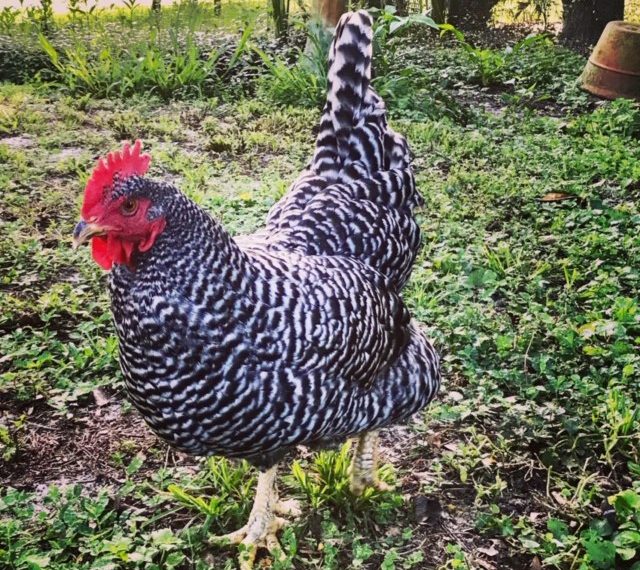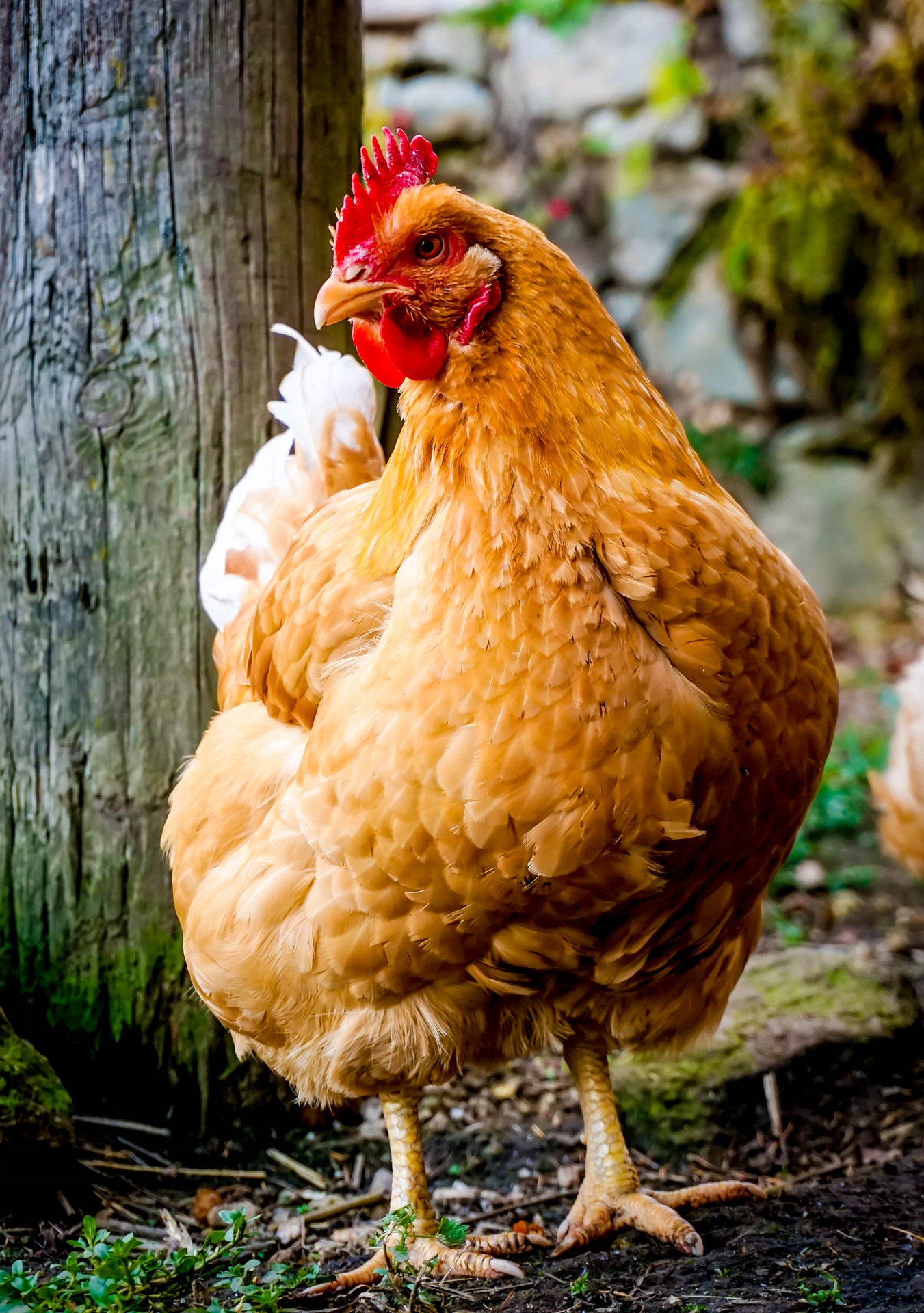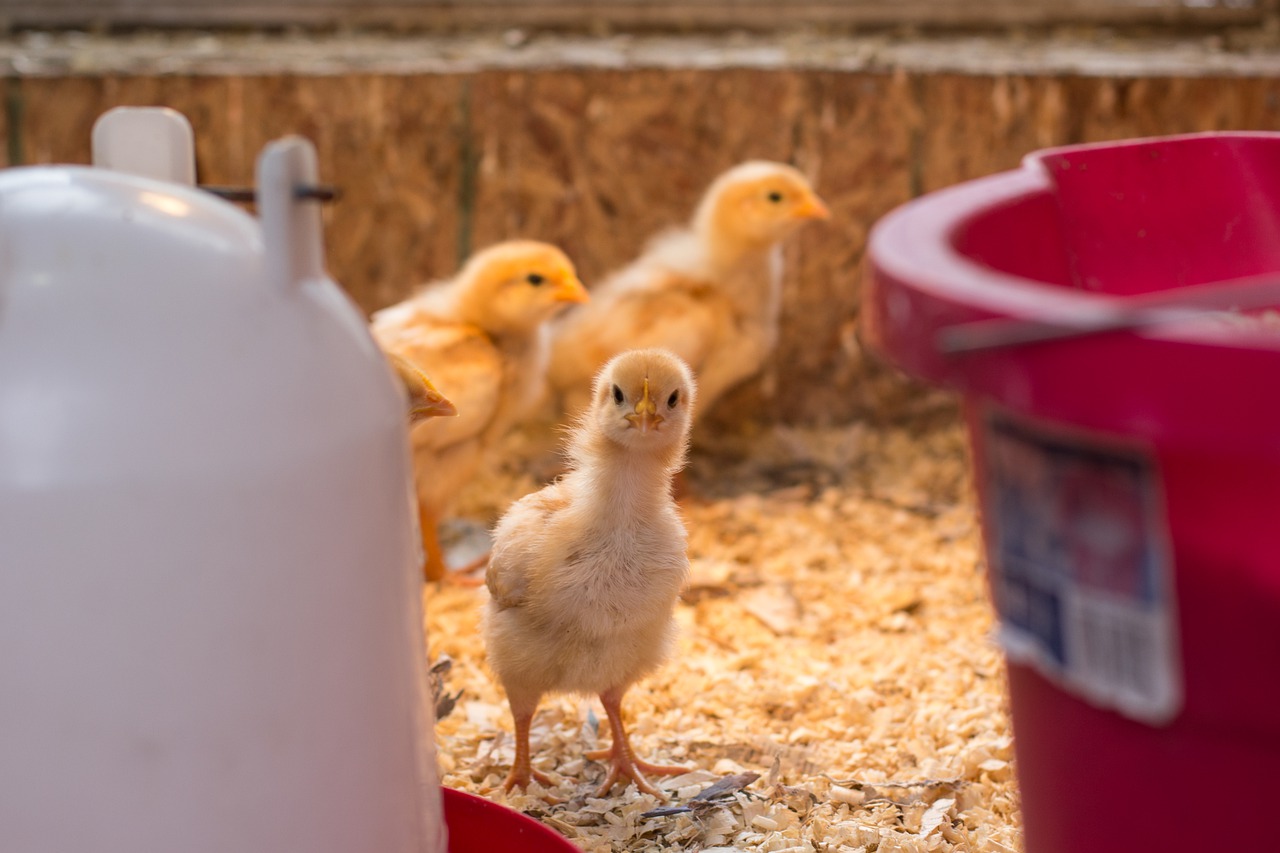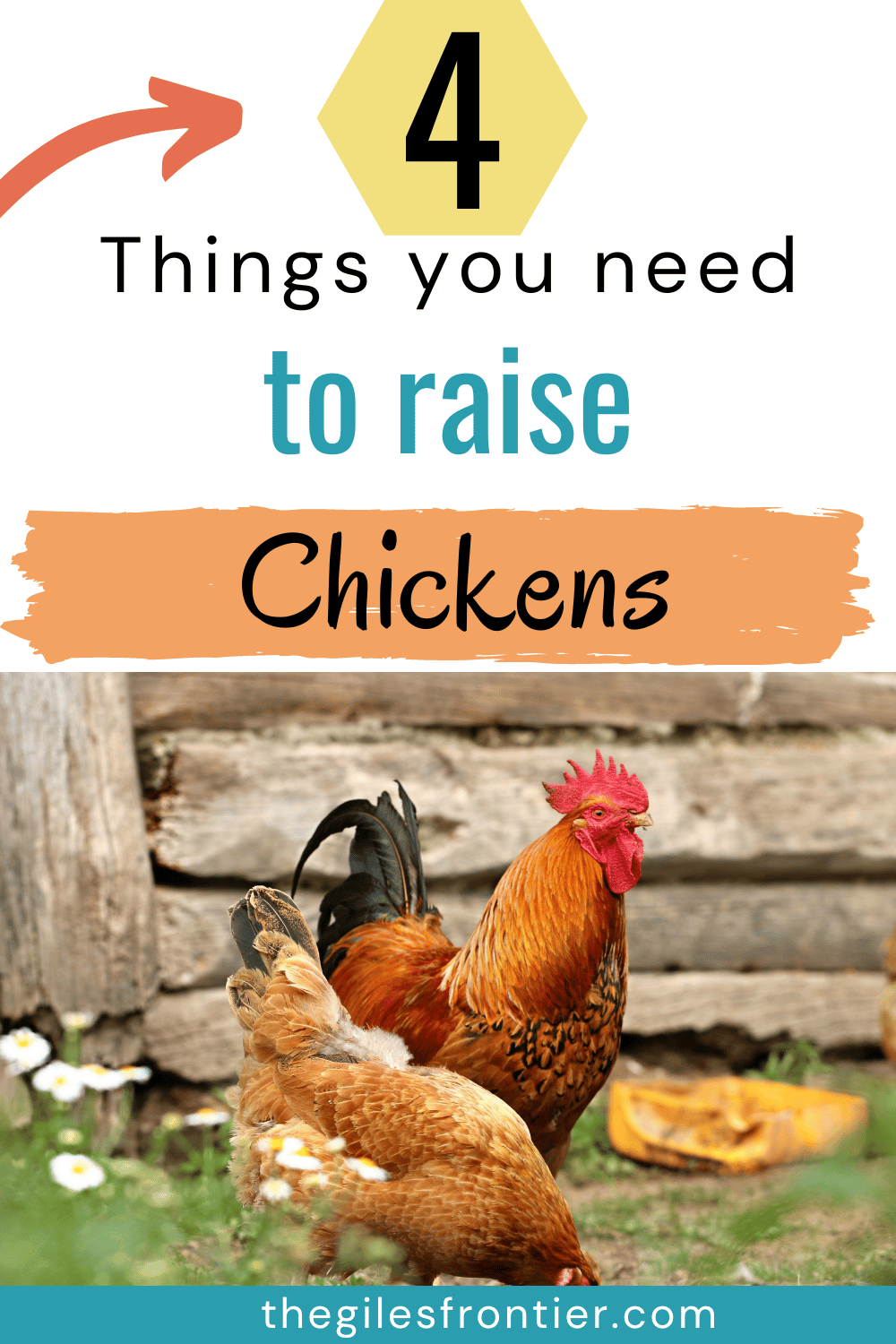
What are the basic needs of a chicken?
Chickens have been part of the backyard landscape for generations. Most lived in little shanties constructed from whatever was left in the yard. Most chickens did well in their neighborhoods as long as they had access to an enclosure. Chickens’ 4 basic needs to survive well are simple.
What do chickens need in their coop?
Backyard coops are popular today, with many families wanting fresh eggs at home. Coops can vary in size, shape, and budget. Budget is the first step in having a coop in your backyard. Small, efficient coops are great and work well for a small flock. Some coops can be large and fancy that cost over $1,000. Cost factors in your overall decision in cost versus gain.

What do chickens need to be happy? Food and water
Food and water are necessities for all animals. Chickens need water as a free choice, meaning a water source should always be available. Feeding your chickens can be done in many ways. When laying eggs, leaving food for them all the time is a popular choice for many families. Sometimes there may be a reason why you might want to have them on a feeding schedule. Keeping unwanted visitors out of the coop may be one reason. Getting them on a routine may be another reason to schedule feed. In my experience, I always had food available in their coop to eat when they wanted.
Access to Free Movement
Chickens need to be able to move around and flap their wings. Guidelines say chickens need 10 square feet to move about per bird. Depending on the size of your coop, they may have plenty of room. However, adding an enclosed run or letting them free-range are other options. I let my chickens’ free range for about two hours in the afternoon or morning. An enclosed run can give them the same opportunity. Chickens love to peck around and hunt for bugs and treats. Allowing them room to do so makes them happy and good producers of eggs.

Predator Prevention
Chickens are low on the food chain for many predators that can be lurking in your suburban neighborhood. Opossums, raccoons, and even bears are in communities looking for a good meal. Coops should have good predator-proof options. Hardware cloth and chicken wire can cover open areas or bury under a run or coop to help prevent digging.
Preventing predators is constant. A monthly coop check is vital to find any areas that may be susceptible to intrusion by pests. Keeping chickens safe will help them be happy and healthy. Also, it will help you to enjoy them more when they are safe.
